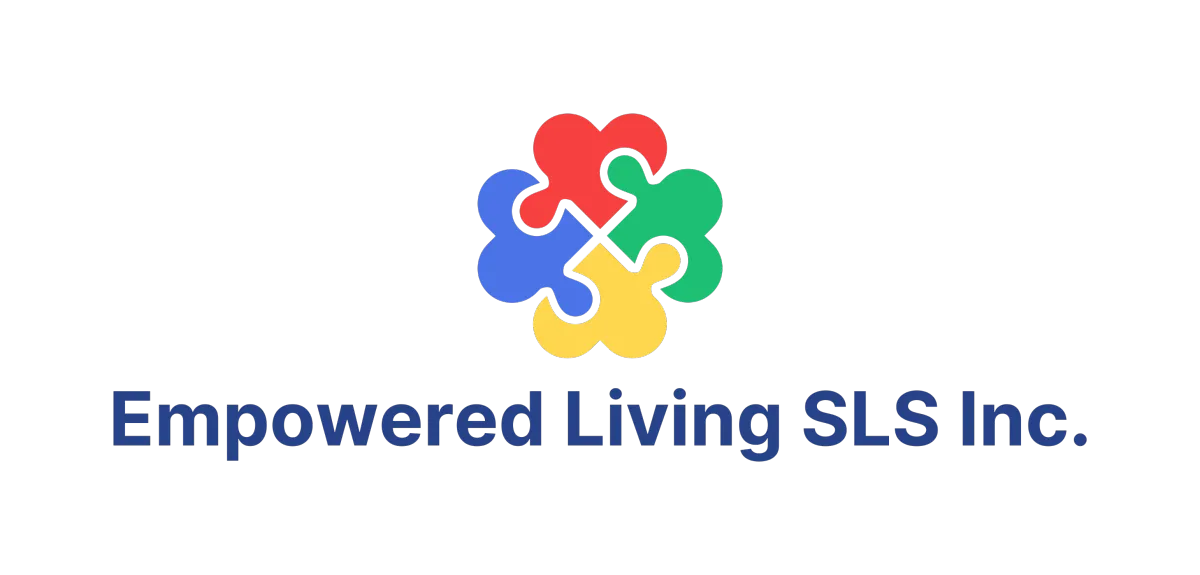Person Centered Intake Process
To Receive Our Services
Empowered Living Supported Living Service (SLS) is happy to speak with individuals, family members and community members regarding supported living services. To apply for services, unconserved adults, legal guardians, or conservators may notify their Regional Center Service Coordinator or representative of their interest in Empowered Living SLS. A representative from Empowered Living SLS will gather the necessary information to begin the assessment process.
Interview Process
We begin the interview process with a face-to-face, or virtual meeting with the applicant and/or their family or circle of support. Applicants can submit their independent assessments for our review, including medical, psychological, educational, and developmental assessments. We may also request additional assessments from the applicant’s chosen community provider. There is no cost to the applicant for any of these assessments.
Regional Center Referral and Assessment
During this stage, we will ensure the applicant is a client of the Regional Center. If Empowered Living SLS is the best fit, we will continue with the intake/assessment process. If it is determined that Empowered Living SLS is not the best fit for the individual, we will notify the applicant and help redirect them to the best fit for their needs. At this time in the process, the individual may also determine that Empowered Living SLS is not the best fit to meet their needs. If this is the case, then Empowered Living SLS will recommend other service providers with the assistance of the Regional Center Case Manager.
FAQ’s
What are regional centers?
There are 21 regional centers in California, each one covering a specific geographical area. Regional centers are private, independent non-profit corporations contracted by the State of California through the Department of Developmental Services to coordinate lifelong services and supports for people with developmental disabilities and their families. Regional centers also help support individuals with developmental disabilities and their families by identifying local resources and other community-based services that can address the individual’s identified support needs.
Who is eligible for services through the regional centers?
Regional centers are responsible for administering programs for the State of California, each of which has different eligibility requirements that have specific legal and clinical definitions.
Lanterman Act: To be eligible for services and supports under California’s Lanterman Developmental Disabilities Services Act, adults and children aged 3 and older must have a developmental disability.
Early Start services: Created by the Early Intervention Services Act, California’s Early Start program serves infants and young children under age three who are considered “high risk” for a developmental disability due to, for example, significant delay in one or more developmental areas or certain medical problems and complications.
What is a developmental disability?
A developmental disability is defined as a disability that is attributable to any of the following conditions:
Intellectual Disability
Cerebral Palsy
Epilepsy
Autism
Disabling conditions found to be closely related to an intellectual/cognitive disability or to require treatment similar to that required for individuals with intellectual disabilities
In addition to the above, the disability must:
Originate before age 18
Be likely to continue indefinitely
Constitute a “substantial disability” for the individual as defined by Title 17, Section 54001 of the California Code of Regulations
What is the California Department of Developmental Services?
The Department of Developmental Services (DDS) is a department within the California Health and Human Services Agency dedicated to providing services and supports to people with developmental disabilities. Each regional center operates under a Performance Contract (link to Performance Contract under Transparency) with DDS to meet both budgetary and service goals that are aligned with the Lanterman Act.
What Can The Regional Center Do For Me?
The regional center helps identify, coordinate, and monitor the services that are needed for an individual to lead a more independent life because of a developmental disability. This is called case management or service coordination. A case manager or service coordinator is assigned to help every individual. He or she will assist in developing an Individual Program Plan (3 years old and above) that includes the identification of services needed, where those services are available what those services should consist of, and how those services should be monitored for progress.
LOCATION
Address:
2010-A Harbison Blvd # 638,
Vacaville, CA 95687
CONTACT US
© 2024. Empowered Living SLS. All Rights Reserved.
